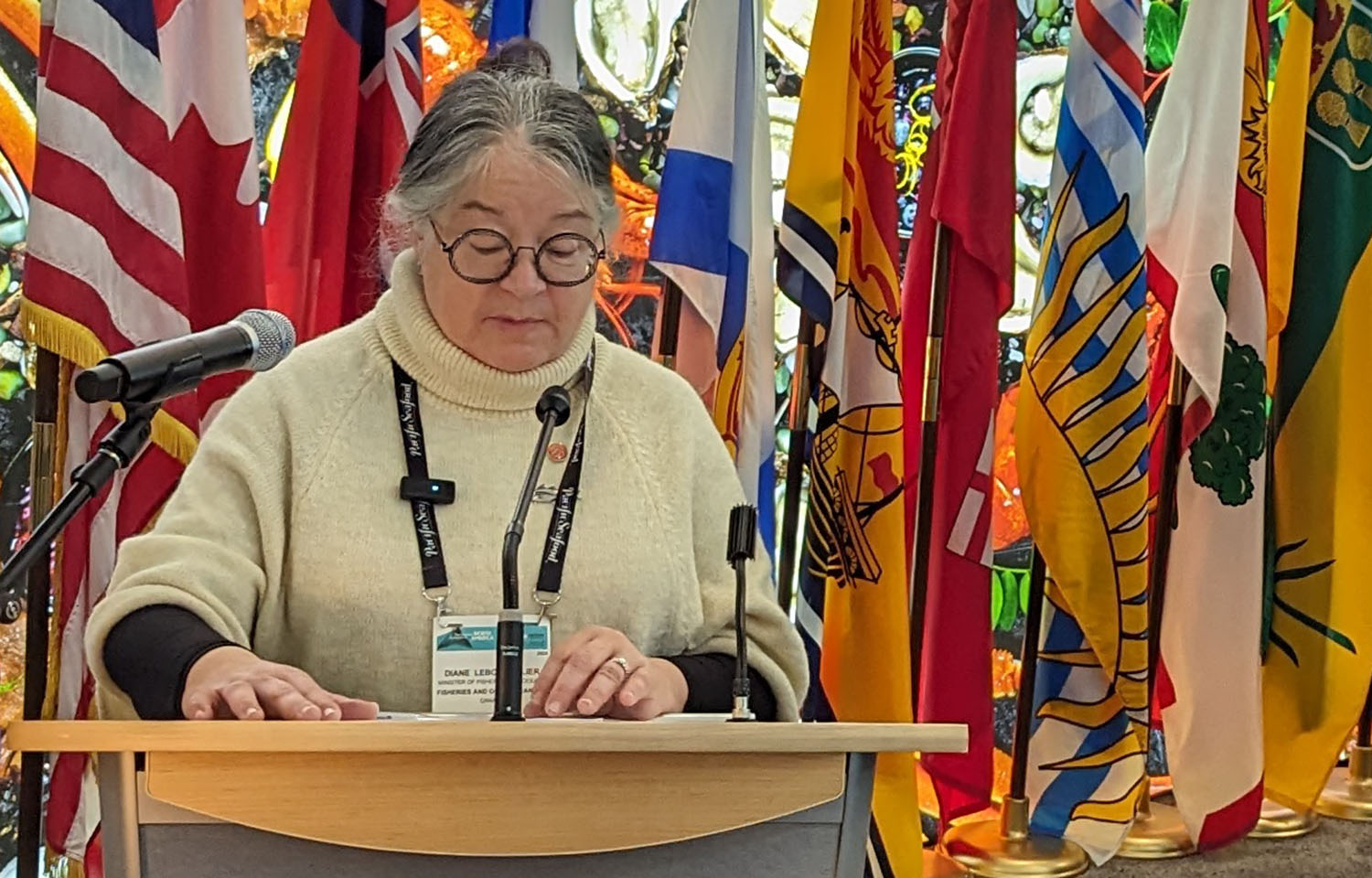The Canada Department of Fisheries and Oceans (DFO) and French officials are continuing to negotiate quota sharing for stocks of halibut in the Northwest Atlantic Ocean.
Landings of Atlantic halibut in Canada were valued at roughly CAD 70 million (USD 51 million, EUR 47 million) in 2022, but Canada does not have exclusive access to the fishery, as France still controls the islands of Saint Pierre and Miquelon off the coast of Newfoundland.
The CBC reported that tensions between Canada and France have been rising as the DFO has become aware that vessels from Saint Pierre and Miquelon, as well as vessels from the Faroe Islands, have been fishing for Atlantic halibut adjacent to Canadian waters – potentially impacting Canada’s fishery.
"We are deeply concerned about the impacts of this activity on the sustainability of this important fish stock, and we will take further actions as appropriate," DFO spokesperson Axel Rioux said.
The Canadian halibut industry has also accused France of trying to access an exorbitant share of the quota, with Atlantic Halibut Council Executive Director Bruce Chapman calling on the Canadian government to safeguard the nation's share of the catch.
"We urgently need the government of Canada's help to address and resolve this matter with France and Saint Pierre and Miquelon, whose aggressive actions are putting at risk the otherwise collegial and collaborative relationship between the two fishery interests, if not also more broadly," he said.
Canada and France hold regular quota negotiations for a number of different stocks, including cod, but have been unable to reach any agreement on halibut stocks since 2016.
In a press release, the DFO said it has been negotiating in “good faith” with its counterparts from France.
“Throughout this process, DFO has always defended the interests of Canadian fish harvesters while prioritizing the long-term viability of the Atlantic halibut stock and fairness between both countries,” the DFO said.
On 4 June, Canada Minister of Fisheries, Oceans, and the Canadian Coast Guard Diane Lebouthillier and the French Minister of State for Marine Affairs Hervé Berville met as part of ongoing negotiations between the two countries over the conflict – with Canada pushing for a science-based agreement on the halibut stock.
“Minister Lebouthillier emphasized that while Canada understands France's interest in the economic development of the archipelago, any increase in France's total allowable catch (TAC) of Atlantic halibut must, first and foremost, be based on science to ensure the long-term sustainability of the stock,” the DFO said in a release. “She also reiterated Canada's commitment to science and management of the fishery over the decades, which ultimately contributed to rebuilding the stock to its current healthy state. Finally, Minister Lebouthillier stressed that it was in both country's interest to ensure such sustainability.”
Two days later, on 6 June, Prime Minister of Canada Justin Trudeau met with France Prime Minister Gabriel Attal to ...








